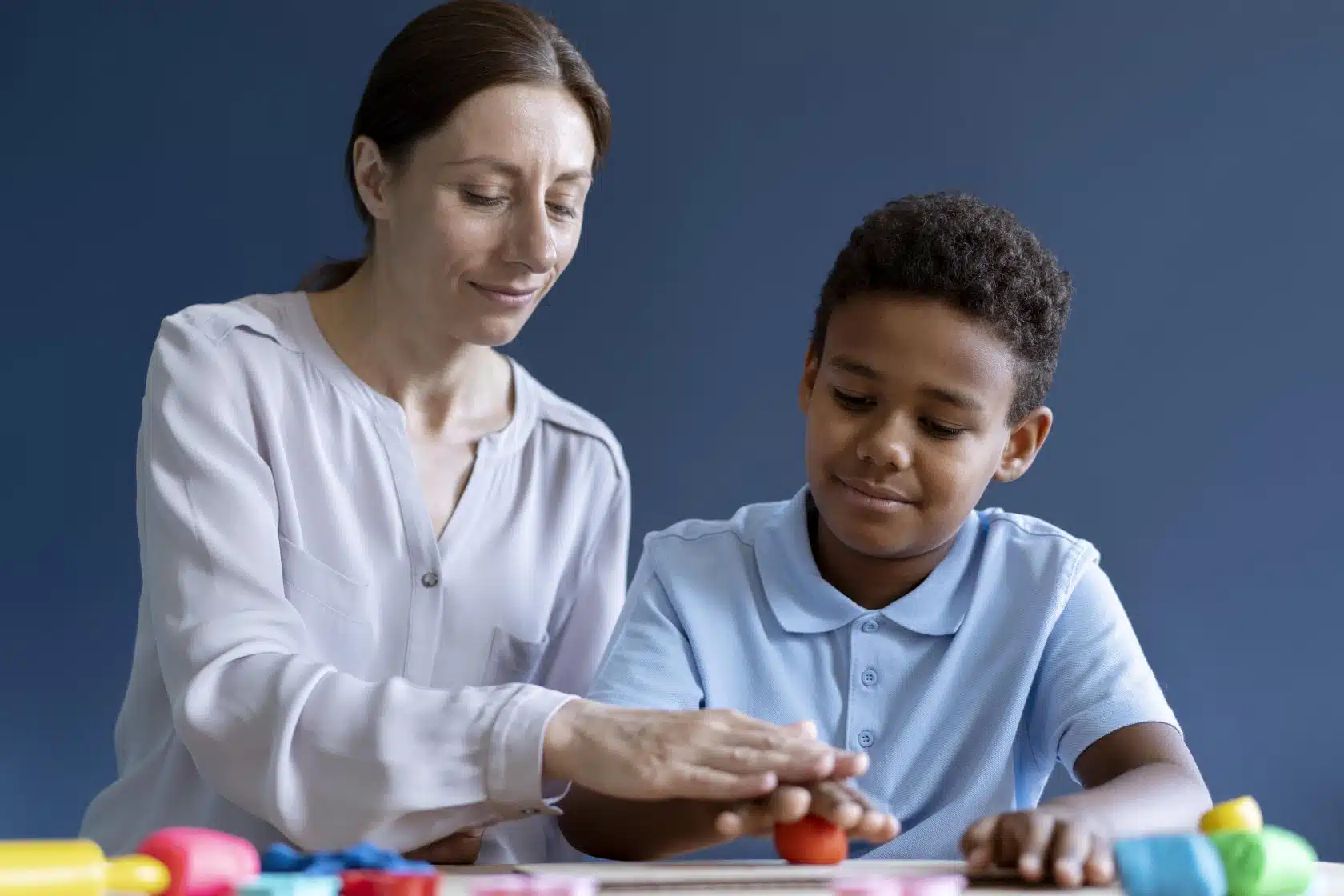Meet Susie, a curious and imaginative child who loves spending time with her family and friends. Susie was diagnosed with autism and faced challenges in forming meaningful connections with others. However, her parents discovered the power of Relationship Development Intervention (RDI) and decided to give it a try. Here’s how RDI made a positive impact on Susie’s life:
- Building communication skills: Through RDI, Susie learned how to express herself clearly and understand others’ perspectives, making conversations more enjoyable and meaningful.
- Sharing experiences: Susie discovered the joy of sharing her experiences with others, whether it was telling stories, playing games, or exploring new places together.
- Understanding social cues: With RDI, Susie became more adept at interpreting social cues like facial expressions and body language, allowing her to respond appropriately in different situations.
- Navigating social situations: RDI equipped Susie with strategies to navigate social interactions confidently, making it easier for her to make friends and engage in social activities.
- Developing empathy: RDI helped Susie understand and empathize with others’ emotions, fostering stronger connections and friendships.
Through RDI, Susie’s journey towards developing social and emotional skills was filled with progress, growth, and meaningful connections with the people around her.













